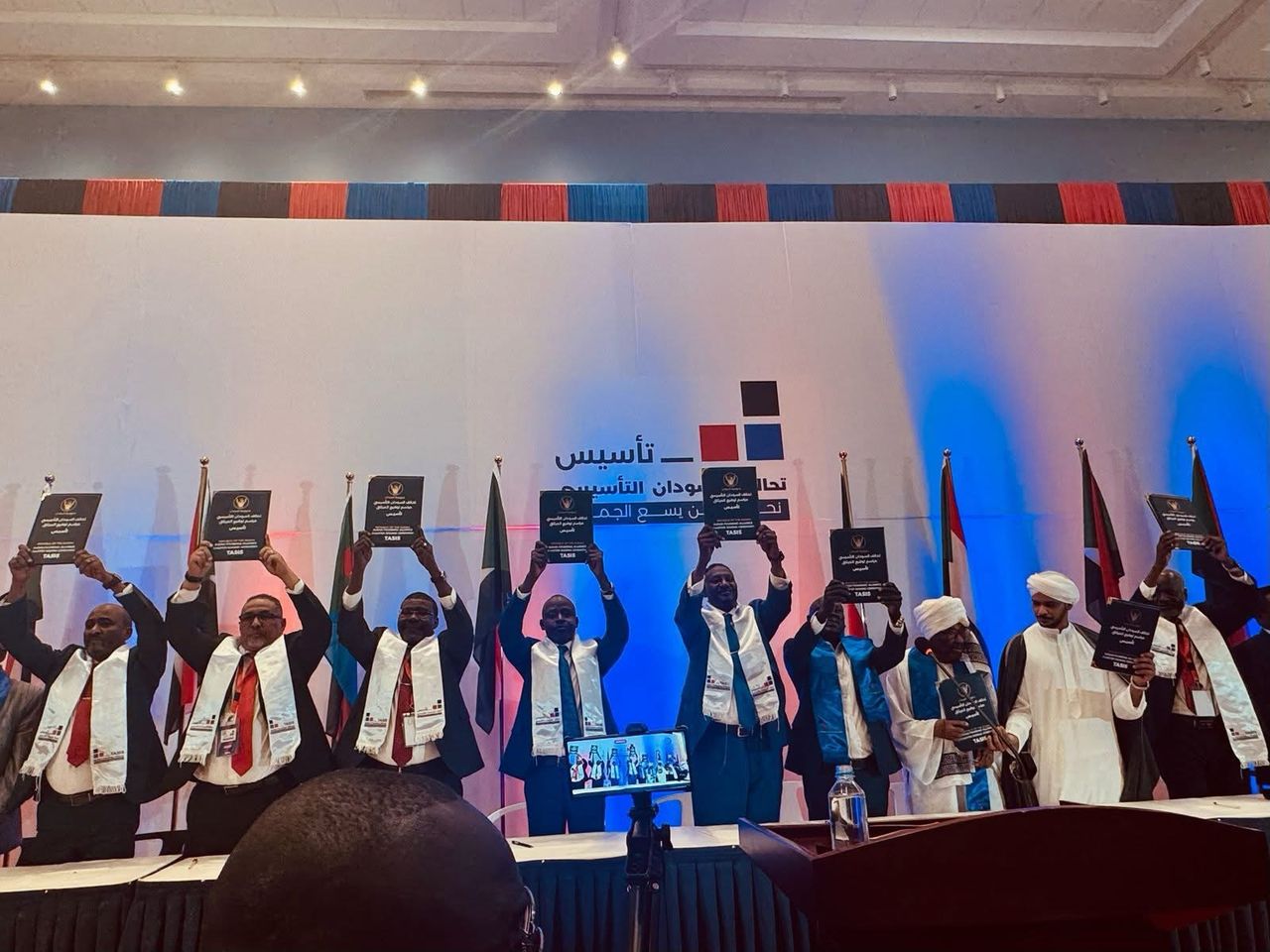Tsehai’s abduction marks the second instance in recent weeks of East African citizens being seized from Kenyan soil. Late last year, Ugandan opposition leader Kizza Besigye was kidnapped in Nairobi and forcibly taken across the border to face military trial on firearm-related charges. Besigye had been in Nairobi to launch a book by former Justice Minister Martha Karua when he was abducted from his hotel room
The abduction of a prominent Tanzanian activist on the streets of Nairobi on Sunday has cast a harsh light on the Kenyan government’s track record of failing to protect individuals fleeing repression in their home countries. Sarungi Tsehai, a vocal critic of Tanzania’s President Samia Suluhu Hassan, was forcibly seized by armed men but was released several hours later following protests from human rights groups.
Amnesty International Kenya spokesperson Roland Ebole confirmed that Tsehai, who has lived in Kenya for about four years, was “forced” into a vehicle in the heart of Nairobi on Sunday afternoon. “I have been saved,” an emotional Tsehai shared with her 1.3 million followers on X, the social media platform.
Law Society of Kenya President Faith Odhiambo, who played an active role in efforts to have Tsehai released, strongly condemned the abduction attempt. “We are sending a warning. We will not allow our country to be used as a haven for picking up individuals,” Odhiambo declared during a press conference on Sunday evening.
Tsehai’s abduction marks the second instance in recent weeks of East African citizens being seized from Kenyan soil. Late last year, Ugandan opposition leader Kizza Besigye was kidnapped in Nairobi and forcibly taken across the border to face military trial on firearm-related charges. Besigye had been in Nairobi to launch a book by former Justice Minister Martha Karua when he was abducted from his hotel room.
While the Kenyan government has denied any involvement in the kidnapping, a Ugandan minister confirmed they received assistance from Nairobi in the operation. These incidents, along with the ongoing disappearances of Kenyan youth, many of whom have been allegedly abducted by suspected security agents since the Gen Z protests in June/July, have raised concerns about Kenya’s status as a hub for enforced disappearances. A total of 82 youths have been recorded as missing by the Kenya National Commission on Human Rights, with nearly 30 still unaccounted for.
Kenya’s growing role as a haven for foreign governments to carry out abductions is alarming human rights defenders, many of whom fear that Kenya’s long-standing reputation as a sanctuary for refugees is being undermined.
Historically, Kenya has been a refuge for those fleeing war or persecution, attracting people from conflict-ridden and authoritarian regimes in countries like the Democratic Republic of Congo, Eritrea, Rwanda, Burundi, and South Sudan. However, this image of Kenya as a sanctuary is increasingly being questioned.
Moreover, Kenya has been accused of engaging in the rendition of foreign nationals facing grave risks in their home countries, such as the deportation of four Turkish refugees in October of the previous year.
Under international law, the principle of non-refoulement prohibits the return of individuals to countries where they face a serious risk of harm, including persecution, torture, or other human rights violations. However, Foreign Affairs Principal Secretary Korir Sing’oei defended Kenya’s actions, arguing that the country had to balance its interests for the “greater good.”
“Harbouring subversive elements accused of engaging in activities detrimental to a friendly country posed both a diplomatic and humanitarian dilemma to Kenya,” Sing’oei said.





